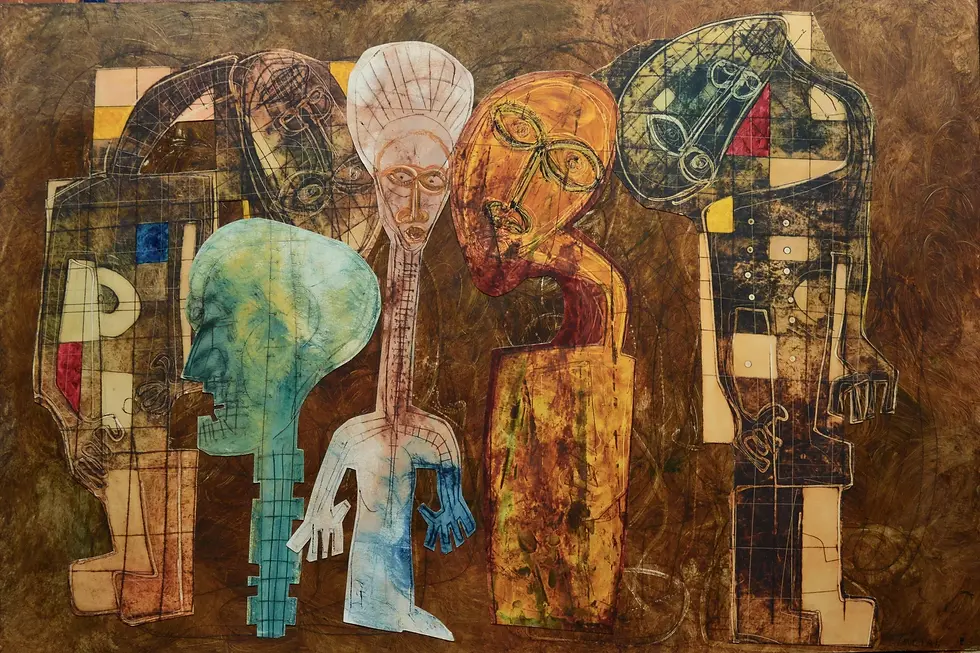Find Your Own Way In
- Paul Weinfield
- Oct 31, 2025
- 2 min read
I once met a man with a very strong meditation practice: he could sit late into the night, his face glowing with quiet joy. As I got to know him better, I was surprised to learn he’d been diagnosed with severe ADHD. A doctor had told him, “You’ll always have bad concentration. Get used to it.” But in meditation, he discovered something remarkable: “I don’t concentrate badly,” he told me. “I concentrate differently. And when I find something that captures my imagination, I can sit happily for hours.”
In our culture, we tend to treat every difference as a problem to fix. If our minds aren't focused or happy like other minds, we think, "What’s wrong with me?" It rarely occurs to us to ask, "How does MY mind work?" Because we're taught to treat the mind, like the body, as a slave to our will, something to command, not understand.
The Tibetan teacher Chögyam Trungpa used to talk about "basic goodness": the inherent dignity we possess simply by being human. Yet we often believe that this goodness is something we have to earn by working hard or convincing others to like us, and we often see our moods and mistakes as proof of our basic badness. In this way, our attempts at self-improvement often lead to self-violence. We try to force our lives into submission — though of course, they keep rebelling.
So before reaching for the next practice, next podcast, or next program, remember: you already have dignity, exactly as you are. Move FROM that dignity, rather than trying to earn it. Instead of thinking, "I need to force myself to pay attention," ask, "How does my mind want to pay attention?" Instead of thinking, "I need to breathe deeply," ask, "How does my breath want to be breathed?" Find your own way in.
You’re not here to pay off a debt.
You’re here simply to shine.




Comments